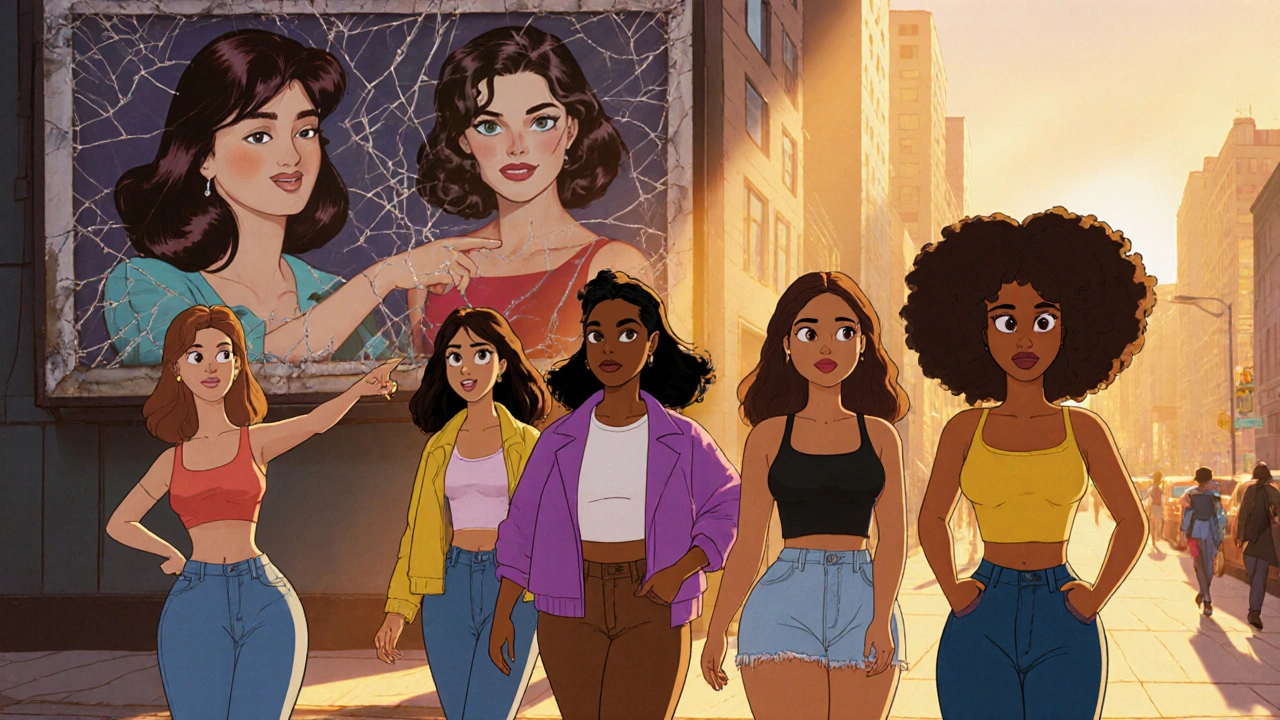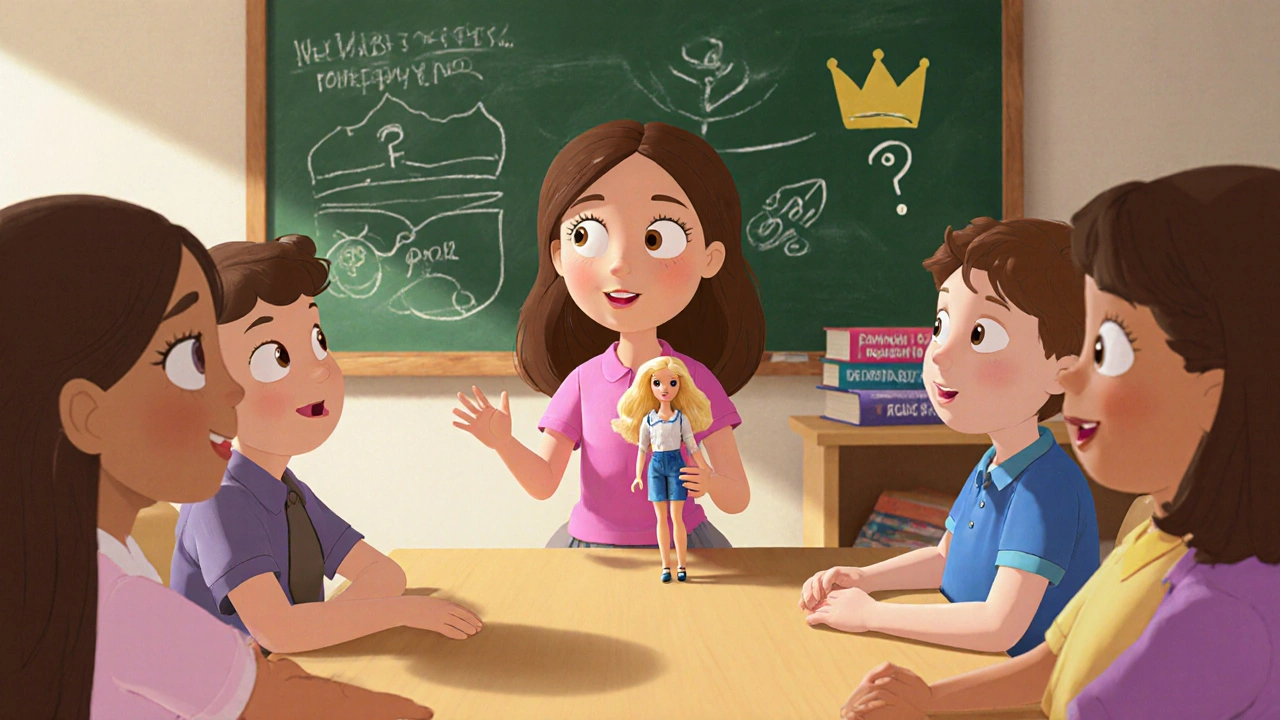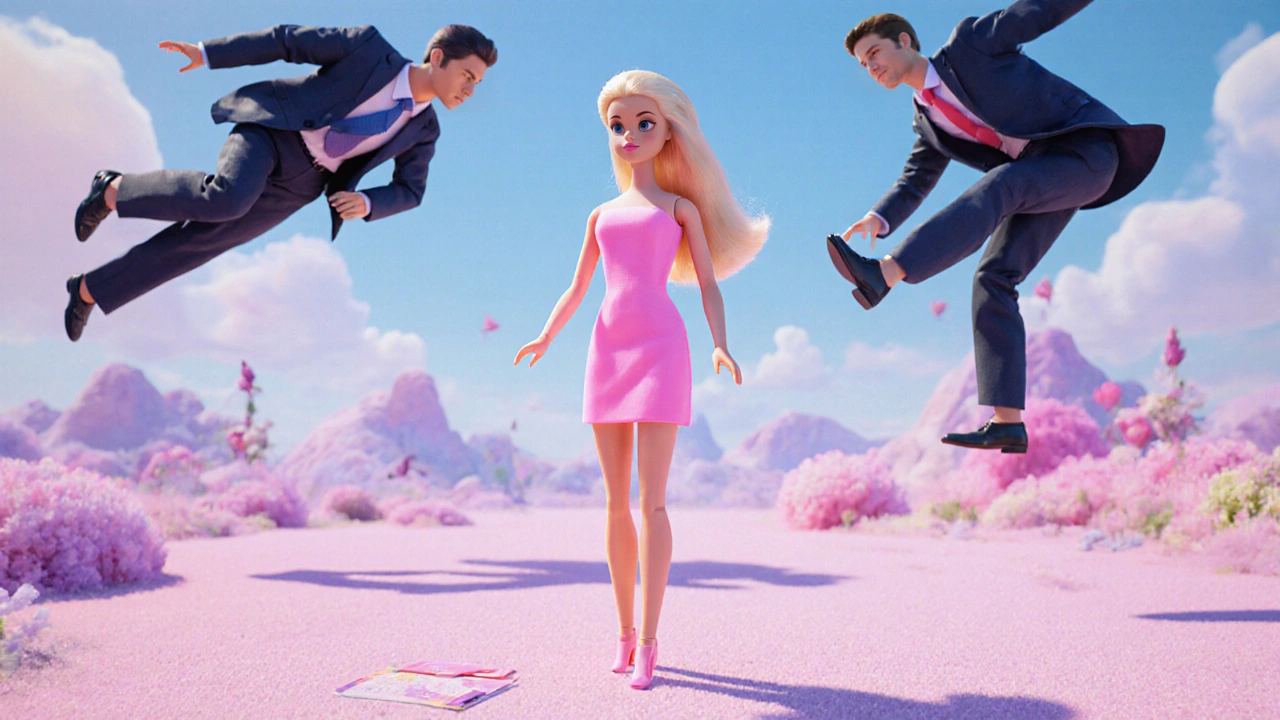Twenty years ago, if you told someone a movie about a doll would make more money than any romantic comedy in history - and that it would spark real conversations about gender, power, and capitalism - they’d laugh. But in 2023, Barbie didn’t just break box office records. It rewrote the rules of what a rom-com heroine could be.
The Cinderella Myth That Won’t Die
In 1990, Pretty Woman was the ultimate rom-com fantasy. Julia Roberts played Vivian Ward, a sex worker who gets swept off her feet by a rich businessman, Richard Gere’s Edward Lewis. She sheds her red dress, buys a white gown, and ends up in a mansion, saved by love. It was pure wish fulfillment. And it worked. The film made nearly $180 million worldwide, turning Roberts into a star and setting the template for decades of rom-coms: the downtrodden woman, rescued by the right man. But here’s the thing: Vivian never saves herself. She doesn’t choose her future. She’s transformed by him. Her worth is tied to how well she fits into his world. Critics at the time praised Roberts’ charm, but the script never questioned the power imbalance. She’s paid to be with him. He pays her to leave. That’s not romance - it’s transactional control dressed up in rose-colored lighting. Today, that movie feels dated. Not because the acting is bad. Not because the soundtrack is cheesy. But because the story assumes a woman’s happiness depends on male approval. And audiences - especially younger ones - are done with that.My Best Friend’s Wedding: The First Crack in the Fairy Tale
The shift didn’t happen overnight. It started with My Best Friend’s Wedding in 1997. Still starring Julia Roberts, but this time, she wasn’t the victim. She was the villain. Julianne Potter is obsessed with her best friend Michael. When he gets engaged, she tries to sabotage the relationship. She lies. She manipulates. She’s selfish, messy, and deeply flawed. And here’s the twist: we don’t want her to win. We root for the fiancée, Kimmy. The movie flips the script. The heroine isn’t meant to be likable - she’s meant to be real. She’s not waiting for a prince. She’s trying to hold onto a fantasy that never existed. It was the first time a rom-com let a woman be complicated without punishing her for it. She doesn’t get the guy. She doesn’t need him. And that was revolutionary.Barbie: The Heroine Who Asks Questions
Then came Barbie in 2023. Margot Robbie’s Barbie doesn’t get rescued. She doesn’t fall in love with a man to find meaning. She wakes up one day and realizes something’s wrong. Her feet hurt. She can’t be a doctor anymore. Men are suddenly in charge. Ken starts acting weird. She walks into the real world and gets catcalled. She sees women earning less, being ignored, being treated like objects. And instead of crying, she asks: Why? This isn’t a love story. It’s a consciousness-raising journey. Barbie doesn’t find love - she finds herself. She fixes Barbie Land by raising awareness. She becomes a real woman not because a man chooses her, but because she chooses to be one. She doesn’t need a prince. She needs a revolution. And the box office proved it. Barbie made $1.4 billion. More than any rom-com ever. More than Pretty Woman would make today, even adjusted for inflation. Men went. Women went. Parents took their kids. And kids came home asking why men get paid more. That’s not marketing. That’s impact.
Why This Shift Matters
The difference between Vivian and Barbie isn’t just in the plot. It’s in the power. Vivian’s arc is about becoming acceptable to men. Barbie’s arc is about rejecting systems that make women invisible. One is about fitting in. The other is about changing the rules. Audiences noticed. Rotten Tomatoes shows Barbie with an 89% audience score - higher than Pretty Woman’s 77%. On Reddit, threads like “Pretty Woman aged terribly” got over 12,000 upvotes. Meanwhile, “Barbie’s feminist message actually worked?” hit nearly 29,000. Parents said their kids started talking about gender pay gaps. Teachers reported students bringing up patriarchy in class. Even the numbers tell the story. In 1990, rom-coms made up 15% of the genre’s total box office. In 2023, Barbie alone made up 39%. More men watched it than ever watched a rom-com before. And female directors? Back in 1990, only 18% of rom-coms were directed by women. By 2023, that number was 47%. The people telling these stories changed. And so did the stories.The Corporate Paradox
Let’s be honest: Barbie is a toy commercial. Mattel didn’t make it to preach feminism. They made it to sell more dolls. And that’s the tension. Can a movie based on a plastic doll that’s been criticized for promoting unrealistic beauty standards truly be feminist? Yes - if it uses the platform to ask hard questions. Greta Gerwig didn’t ignore the contradictions. She leaned into them. The movie knows it’s a product. That’s why it shows Barbie staring at her own packaging, wondering if she’s real. That’s why Ken tries to take over the world. The film doesn’t pretend to be pure. It’s messy. It’s contradictory. And that’s what makes it honest. Compare that to Pretty Woman, which pretends the transactional nature of Vivian’s life doesn’t exist. It’s a fantasy with no teeth. Barbie has teeth. It bites back.

